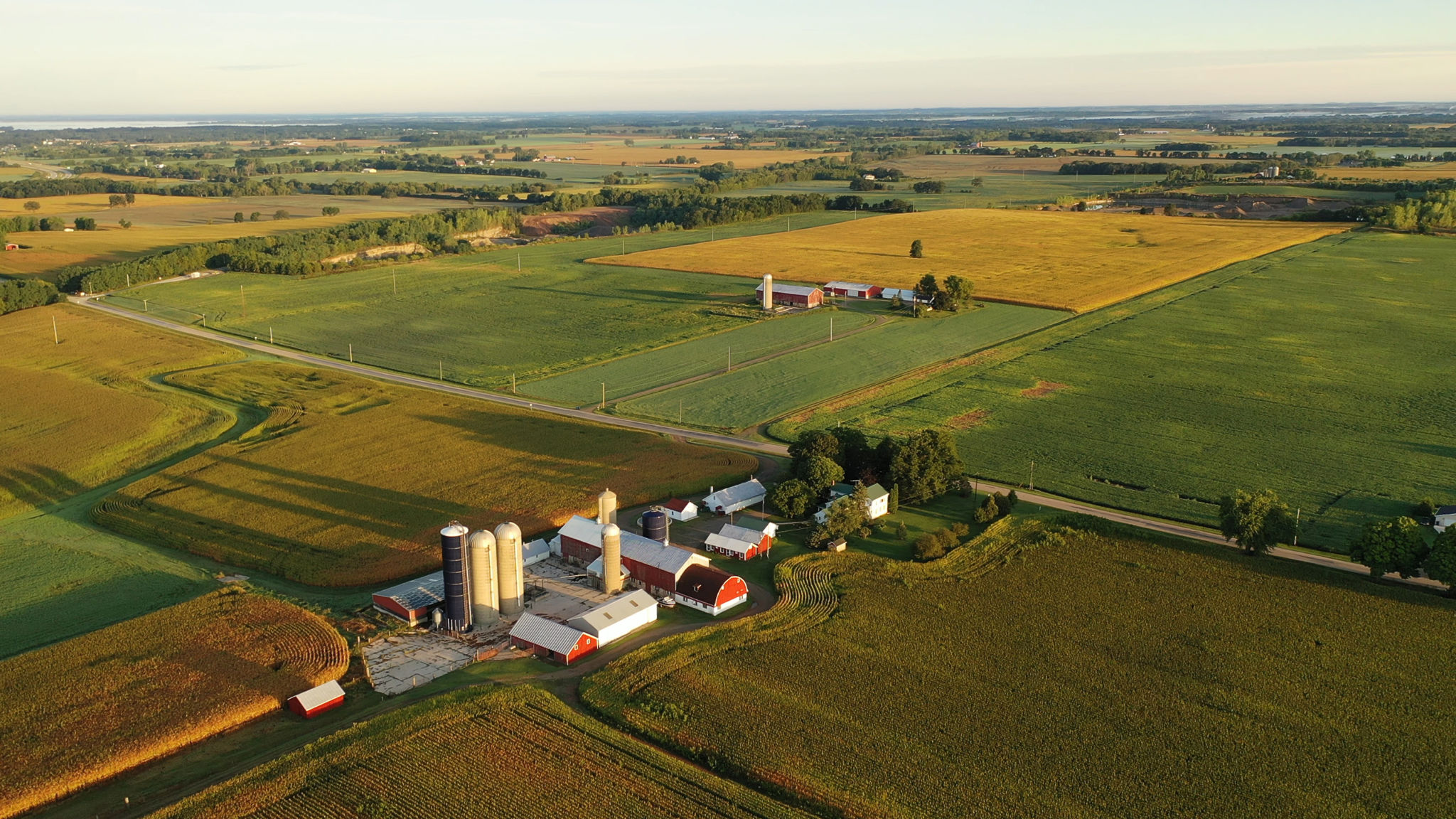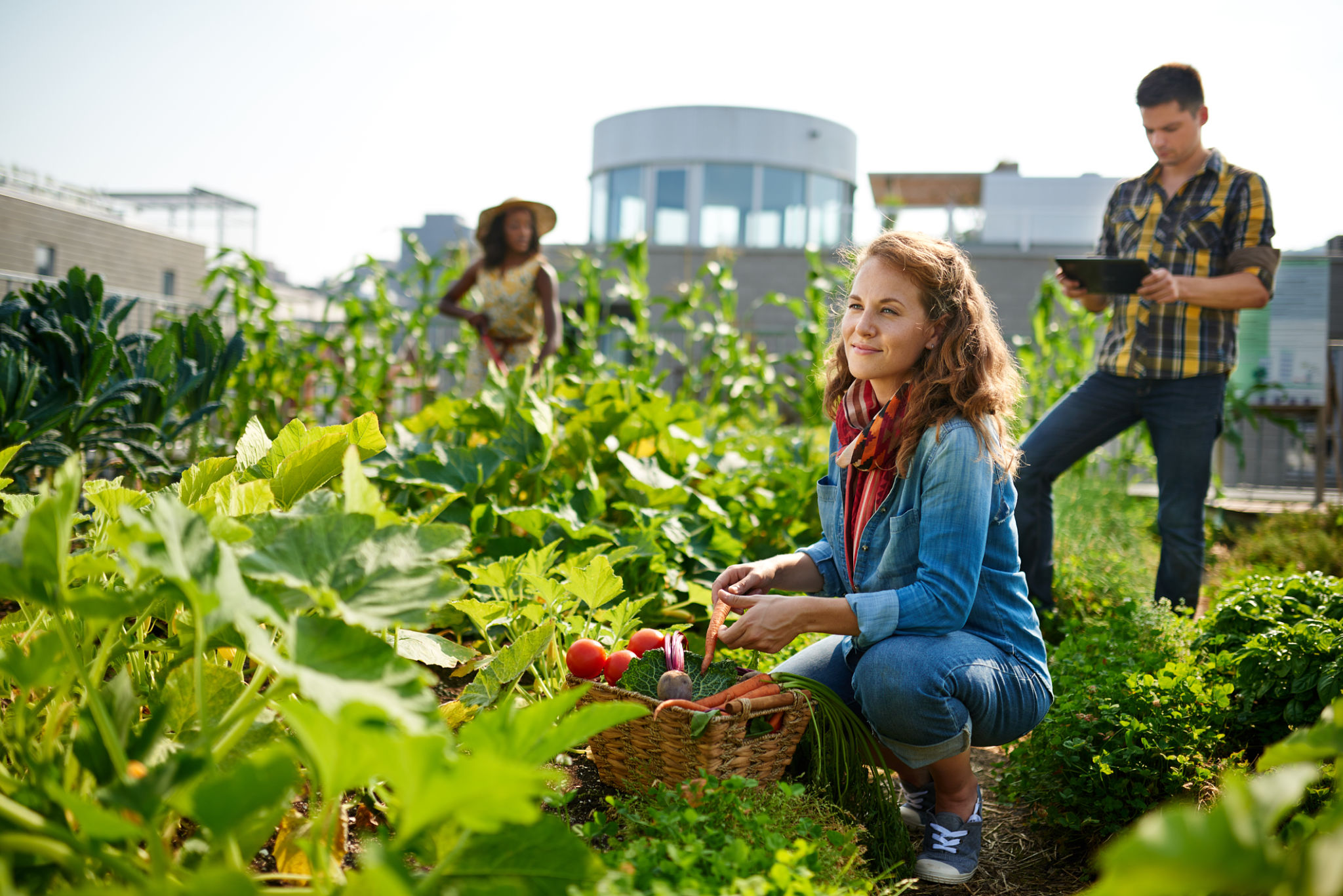Expert Insights: Increasing Farm Profitability in Illinois
Understanding the Illinois Agricultural Landscape
Illinois is a state known for its rich agricultural heritage, with farms producing a diverse range of crops and livestock. To increase profitability, farmers need to adapt to the ever-changing landscape of agriculture by leveraging new technologies and sustainable practices. This post will explore expert insights into strategies that can help boost farm profitability in Illinois.

Adopting Advanced Agricultural Technologies
One of the most effective ways to increase farm profitability is through the adoption of advanced agricultural technologies. Precision agriculture, for example, allows farmers to use data-driven insights to optimize planting, fertilization, and irrigation processes. By investing in GPS-guided equipment and drones, farmers can improve crop yields and reduce waste.
Another technology gaining traction is the use of automated machinery. Tractors and harvesters equipped with AI capabilities can work longer hours with more precision, reducing labor costs and increasing efficiency. As these technologies become more affordable, they present a promising opportunity for Illinois farmers looking to enhance their operations.
Implementing Sustainable Farming Practices
Sustainability is not just a trend; it's a necessity for long-term profitability. Implementing sustainable farming practices can lead to cost savings and open up new markets for produce. Practices such as crop rotation, cover cropping, and reduced tillage help improve soil health and reduce dependency on chemical inputs.

Moreover, by focusing on organic farming methods and reducing carbon footprint, farmers can tap into the growing demand for environmentally friendly products. This not only enhances the farm's reputation but also allows for premium pricing in niche markets.
Diversification of Crops and Livestock
Diversifying crop and livestock production is another effective way to mitigate risks and increase farm profitability. By introducing a variety of crops and livestock, farmers can reduce their dependence on a single market or commodity price fluctuations. This diversification strategy ensures a more stable income stream throughout the year.
- Consider planting specialty crops that have higher market value.
- Explore opportunities in organic or non-GMO crops.
- Invest in livestock that complements existing crop production.

Accessing Financial Resources and Support
Financial resources and support from both government and private sectors play a crucial role in increasing farm profitability. Programs that offer grants, low-interest loans, or subsidies can alleviate the financial burden of adopting new technologies or expanding operations.
Farmers should stay informed about available programs and actively seek partnerships with agricultural extension services, universities, and research institutions. These collaborations often provide valuable insights and access to cutting-edge research that can enhance farm productivity.
Networking and Education
Continuing education and networking within the agricultural community are vital for staying competitive. Attending workshops, conferences, and field days can provide farmers with the latest information on industry trends and best practices. Joining local farmer cooperatives or associations can also facilitate knowledge exchange and collective bargaining power.

By fostering relationships with fellow farmers and industry experts, Illinois farmers can gain diverse perspectives and innovative solutions to common challenges. This collaborative approach often leads to shared successes and increased profitability for all involved.
In conclusion, increasing farm profitability in Illinois requires a multifaceted approach that combines technology adoption, sustainable practices, diversification, financial support, and education. By embracing these strategies, farmers can create resilient operations that thrive in today's competitive agricultural environment.
